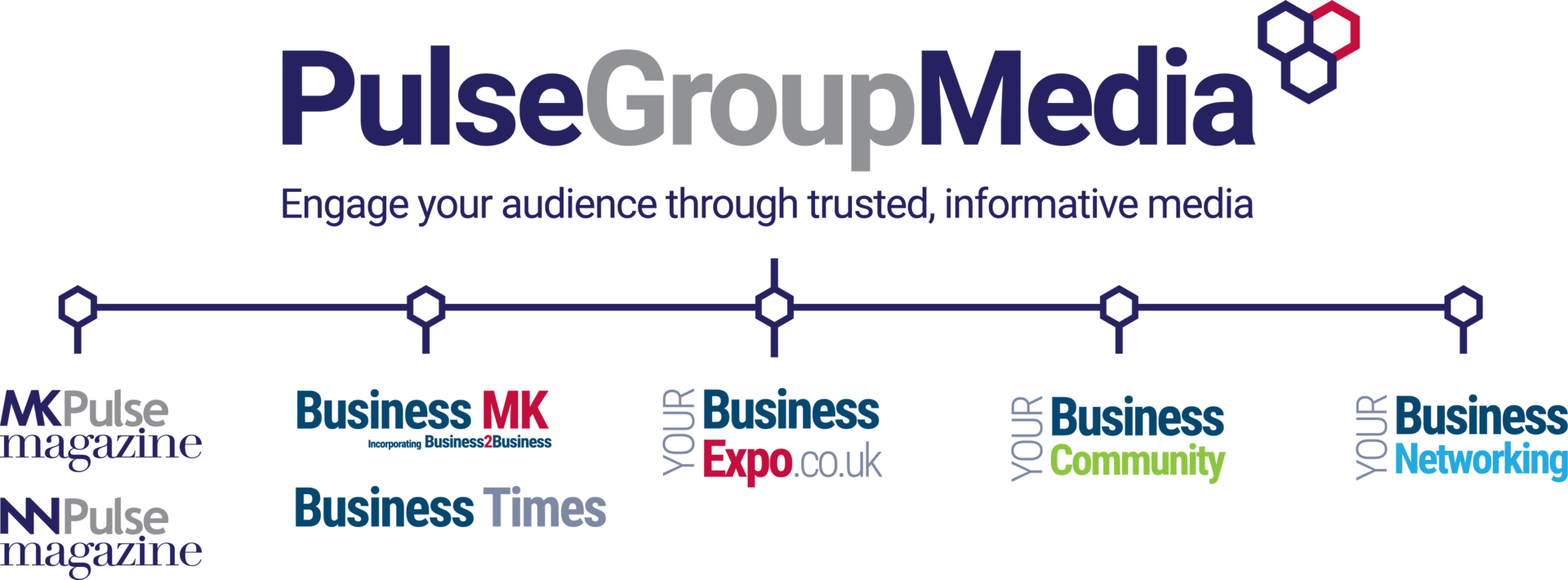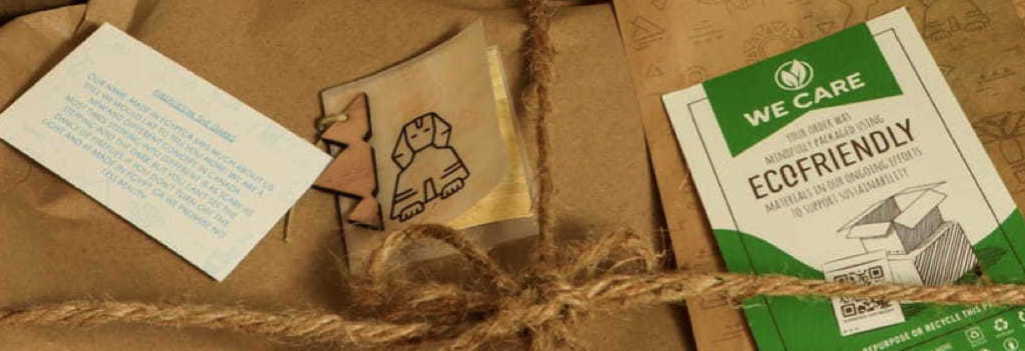Sustainability and marketing
Posted on 12th August 2022
Sustainability is becoming an increasingly important concern for businesses and their customers.
People are talking more and more about environmental issues so making sure your business is environmentally aware and active is now a priority. It involves more than recycling office paper waste – although this is important too.
As a business owner you will need to understand your carbon footprint, the impact of shipping physical products and their packaging, and other more challenging things too. When you have a good story to tell about your environmental credentials and ambitions it can be a very powerful part of your marketing strategy.
The grey areas in the green
Even digital advertising and marketing affect the environment. Our virtual world uses electricity, so it is indirectly causing emissions, and marketing activities often include travel, events, and promotional materials that all use resources.
In 2020 an initiative called Ad Net Zero was launched to create a genuine net zero carbon emissions plan for 2030 which includes advertising development, production and media placement. In a report on the advertising industry’s response to climate change it was estimated that operational CO2 equivalent (CO2e) emissions were more than 84,000 tonnes per year in the UK alone.
The recently launched Scope3 initiative is intended to create meaningful ways to assess and reduce the environmental impact of digital marketing. It takes its name from Scope 3 carbon emissions which aren’t generated directly by a business but by its supply chain. These emissions are now being scrutinised by major corporations that are trying to be transparent about their commitment to sustainability.
There are now tools to help businesses calculate the carbon footprint of their advertising activity including Good-Loop for digital marketing and AdGreen to help with sustainable production training.
The power of transparency
Members of the public are increasingly well-informed about environmental issues so companies can’t get away with ‘greenwashing’ their sustainability credentials with incomplete or inaccurate information.
In September 2021 the Advertising Standards Authority said it would be taking a much closer look at environmental claims made in the energy, waste and transport sectors. It also said it would undertake research into the carbon neutral and net zero promises made in advertising.
Your environmental message
Consumers across all generations are now willing to spend more for sustainable products.
If your products, services or business operations are making a difference to waste, emissions or people’s behaviour then this information is worth sharing. You can become part of the solution rather than being part of the problem and this will strengthen your brand and might even allow you increase your prices.
Use an environmentally friendly channel
At Pulse magazine we do our best to minimise our carbon footprint. We know it’s important to our readers and advertisers. Our paper is Forest Stewardship Council (FSC) certified and hand delivered thanks to our terrific distribution team. The copies sent to people on our mailing list are paper wrapped for easy recycling.
If you would like to make print advertising part of your environmentally friendly marketing strategy in the Northamptonshire and Milton Keynes area talk to one of our friendly team today.
Share this post:






